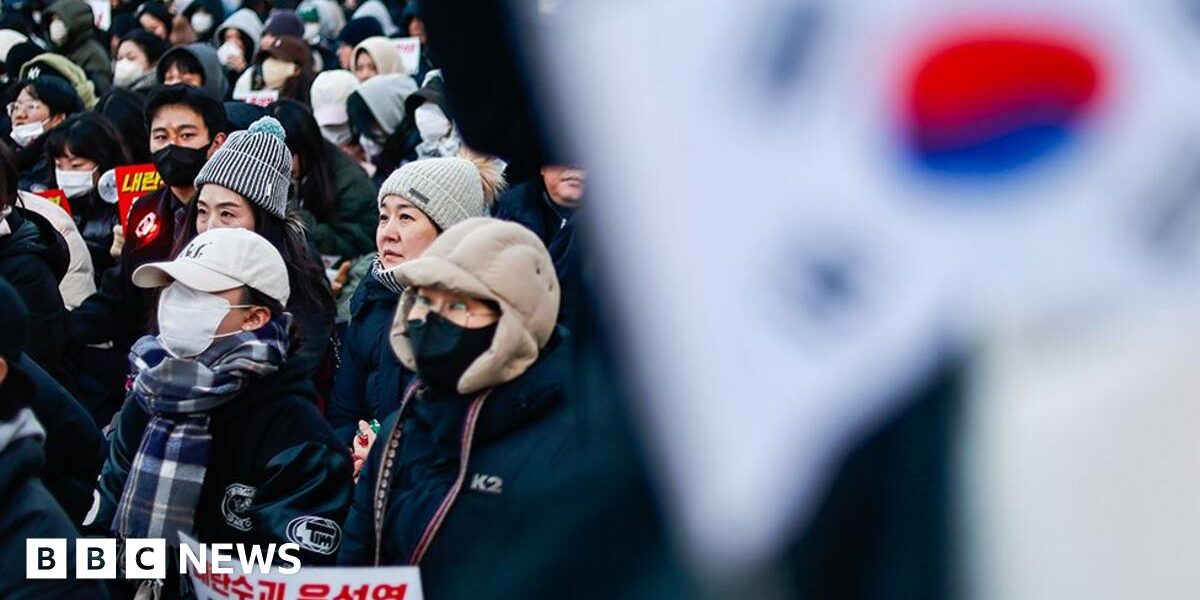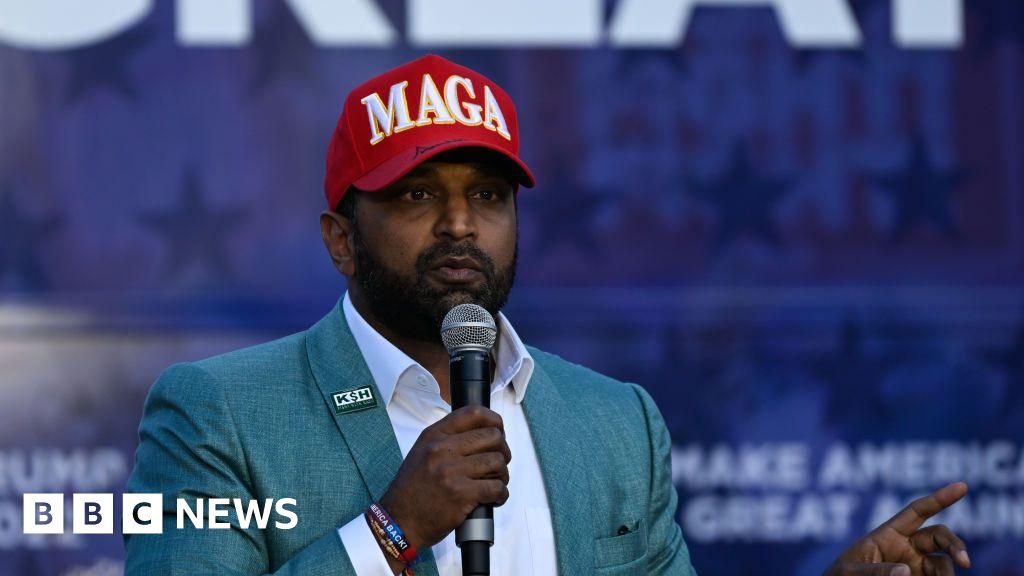The news is moving so quickly in South Korea, the papers can no longer keep up. President Yoon Suk Yeol’s shock attempt to impose martial law last Tuesday night was so short-lived it failed to make the front page. By the time he despatched the troops, the press had already gone to print. By the following day’s editions, the failed power-grab had already been defeated.
Within the week, the president has morphed from being contrite and apologetic, hoping to avoid impeachment, to brazenly defiant, vowing to fight on as the net closed in on him.
Banned from leaving the country while he is investigated for treason – a crime punishable by death – he is facing a second impeachment vote this weekend, as support from his party trickles away. Meanwhile, the roars of anger from the thousands of people on the street every night are getting louder.
For a short while this week it looked as if he had struck a deal with his party to stand down early, in return for them not booting him out of office in last Saturday’s vote. But as the week sped by, there was no sign of the president nor the details of such plan, and it gradually became obvious Yoon had zero intention of resigning.
On Thursday, he emerged obstinate. “I will fight until the end,” he declared, as he defended his decision to seize control of the country.
His speech was rambling and filled with unsubstantiated conspiracy theories, including a vague suggestion that North Korea could have rigged the previous elections, in which he had failed to win control of parliament. The parliament was a “monster”, he said; the opposition party “dangerous”, and he, by declaring martial law, was trying to protect the people and save democracy.
Yoon spent much of this week in hiding, while police attempted to raid his offices to gather evidence. To try and temper public anger, his party announced that he would not be allowed to make decisions going forward – even though legal experts agreed there was nothing in the constitution that allowed for this.





